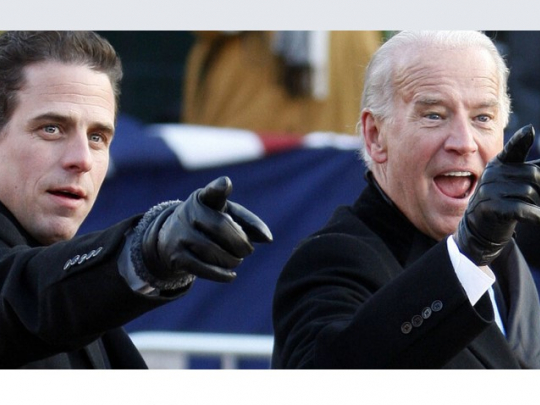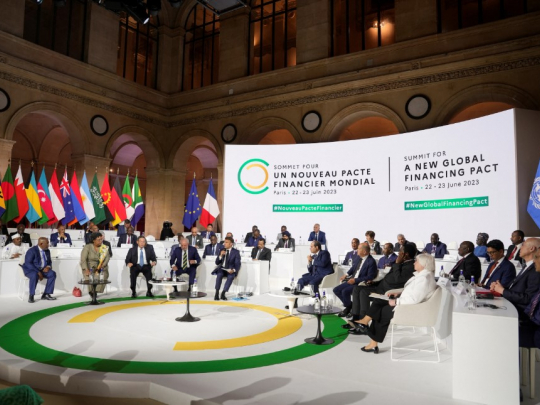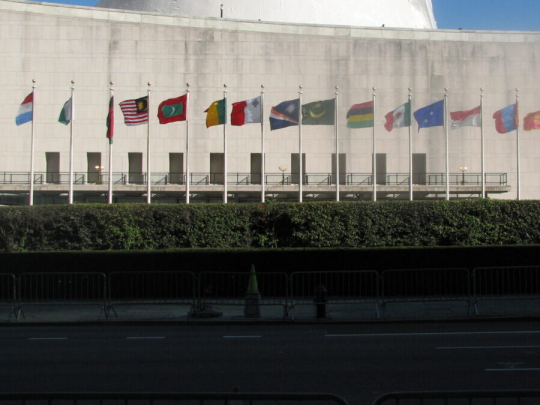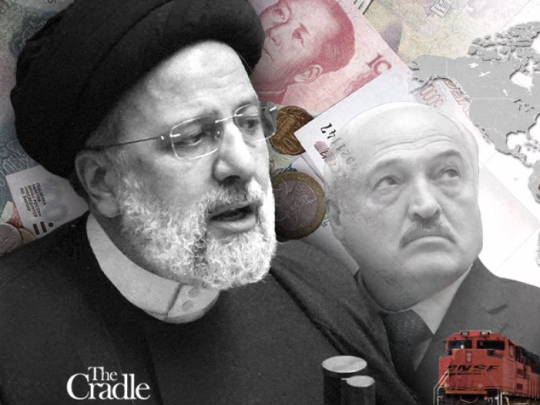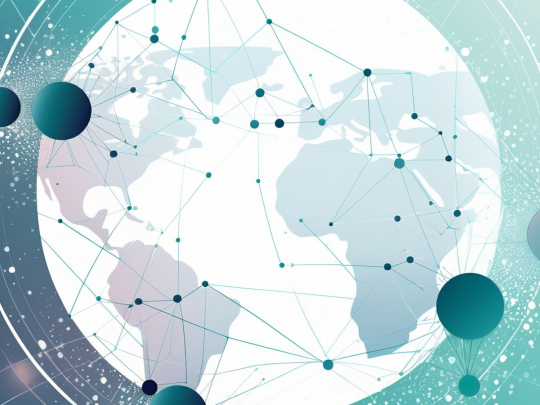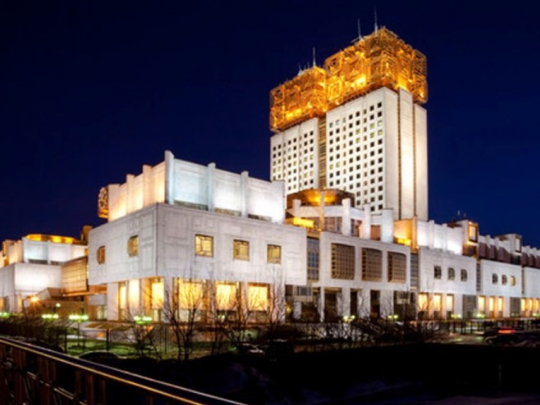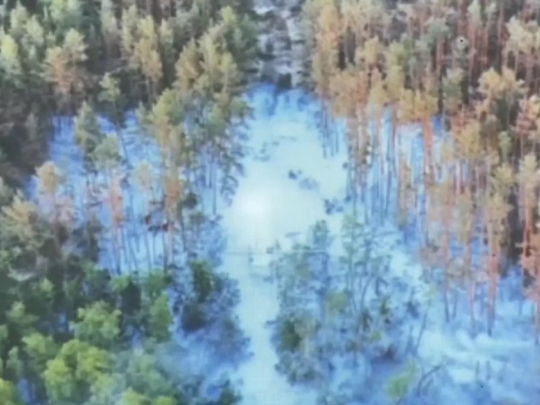Global food production teeters on the brink due to widespread fertilizer shortages
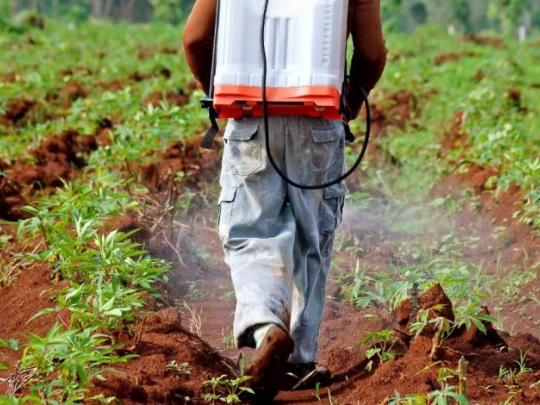
Under the banner of fighting the Wuhan coronavirus (Covid-19), corporations all around the world have stopped producing fertilizer, which is of course needed to grow food.
Record prices for fertilizer due to fiat-driven inflation combined with dwindling supplies of existing fertilizer have created a dire situation in which global starvation could very soon become a reality.
According to reports, food crops are already doing poorly due to extreme weather conditions including droughts and cold spells. Considering that the past several crop seasons were also poor due to weather issues, a perfect storm appears to be brewing for a global food supply collapse.
In China, for instance, power systems are being shut off to key industrial and agricultural regions, which reports say is the Chinese Communist Party’s (CCP) way of covering up a bad autumn harvest.
China’s Henan Province, which is considered to be the country’s granary, also saw major flooding this past year that destroyed many food crops.
Brazilians are even worse off as they are now having to choose between food or energy. The same is true in the Philippines, where fuel prices have skyrocketed by nearly 40 percent in just three weeks.
“Food and commodity shortages have always created chaos,” reported Free West Media about the situation. “The example that may still be in fresh memory is the so-called Arab Spring of 2010, which started with bread riots.”
“In countries such as Lebanon, the decline of society has also already begun. After months of week-long power outages, food shortages and skyrocketing commodity prices, the country is falling into chaos with threatening recurrences of civil wars.”
At least 54% of Americans now say they’re being personally affected by shortages
Americans are certainly not exempt from all this. A recent poll from the Atlanta-based survey company Trafalgar found that more than half of the country is now experiencing the ire of shortages caused by a damaged supply chain.
Some 54 percent of respondents indicated “yes” to a question that asked if they are suffering from “delays or shortages in trying to buy ordinary consumer products.”
Europeans are also suffering as their continent is experiencing a major energy shortage. Europe currently imports about 90 percent of its natural gas from Russia, which has stopped supplying the normal amounts due to “covid.”
“Prices have increased fivefold since the beginning of the year, from 19 euros at the time of writing 96 euros per equivalent megawatt hour (MWh),” Free West Media revealed.
The entire food chain is at risk from this, just to be clear. Since everything has been globalized, one fallen domino eventually strikes all the other dominoes – and we are watching the dominoes continue to fall at increasing speed.
The natural gas shortage in Europe, for example, is affecting farmers who rely on methane, propane and other natural gases to dry harvested crops so they do not rot.
Prices for cereal grains like wheat have already more than doubled in Italy due to the shortage. Meat and dairy prices are also increasing as feed prices continue to skyrocket.
“From October onwards, we have started to suffer an enormous amount,” said Valentino Miotto from the trade group Aires Association, which represents Italy’s grain sector.
With the holidays soon on the way, many families are going to suffer tremendously, warned European Commission President Ursula von der Leyen.
“We are seeing a rise in prices that makes it difficult for many families to get their finances together, and we also see that there is a risk that companies will have to close down,” she said.
- Source : Ethan Huff




